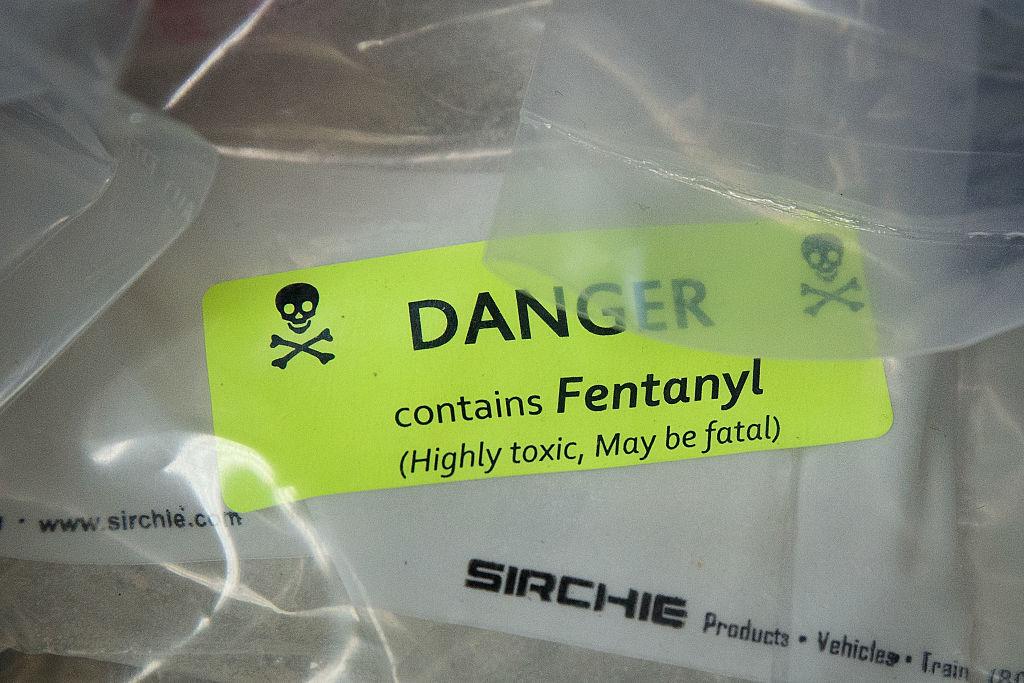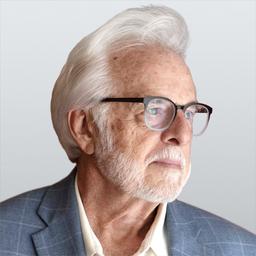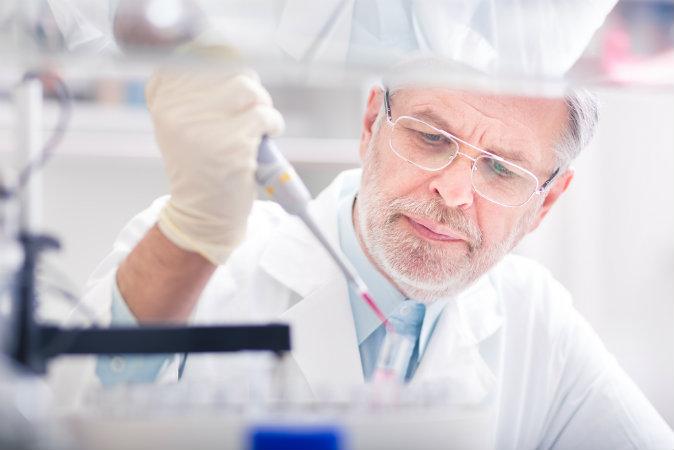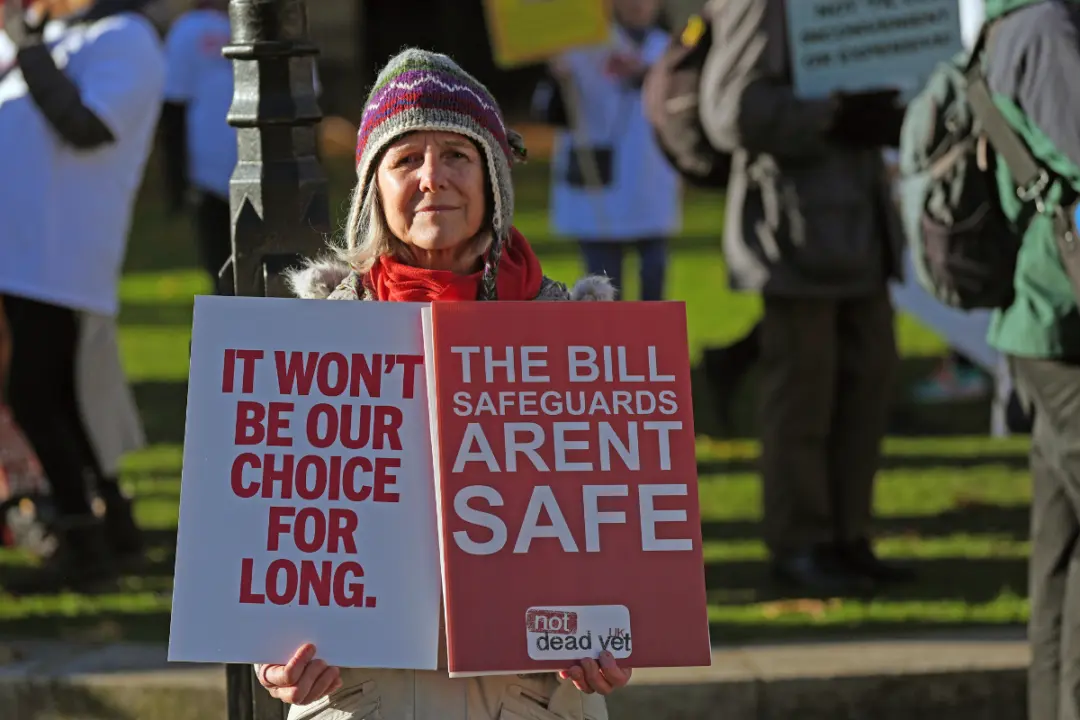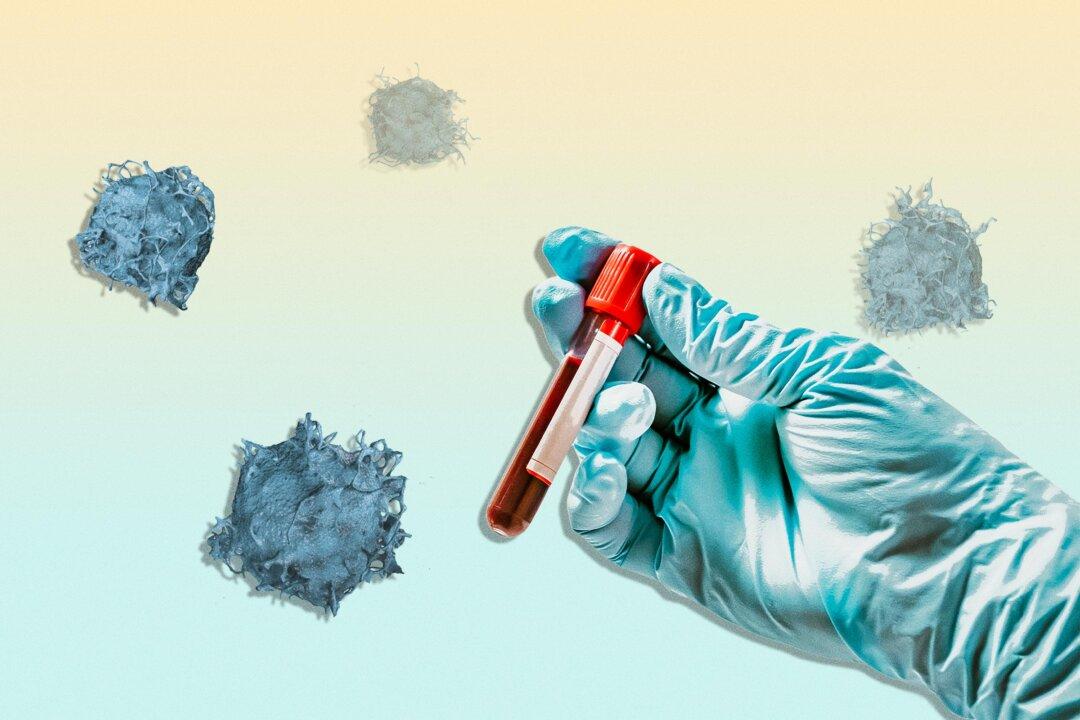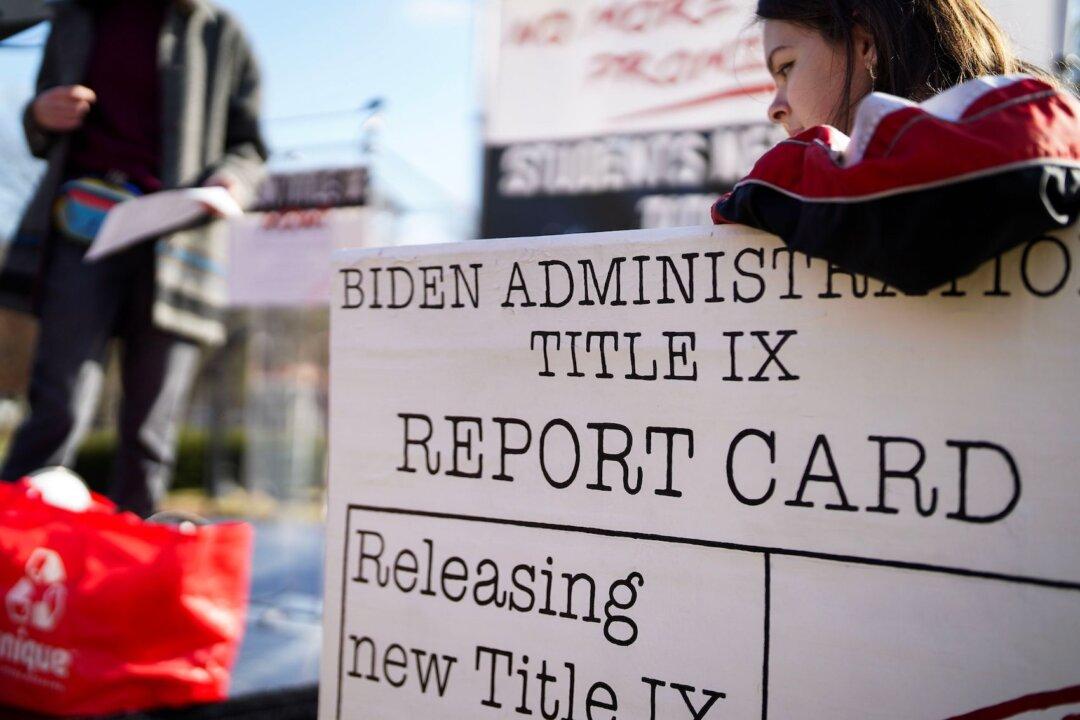Commentary
We know that radical left-wing subversives want to legalize hard drugs. So do some libertarians—which is a polite word for social Darwinism. But conservatives generally oppose legalization, understanding the devastating social costs and personal dissipation that hard drug abuse causes to families, communities, and individuals who would be tempted to imbibe by the lack of potential legal consequence.
